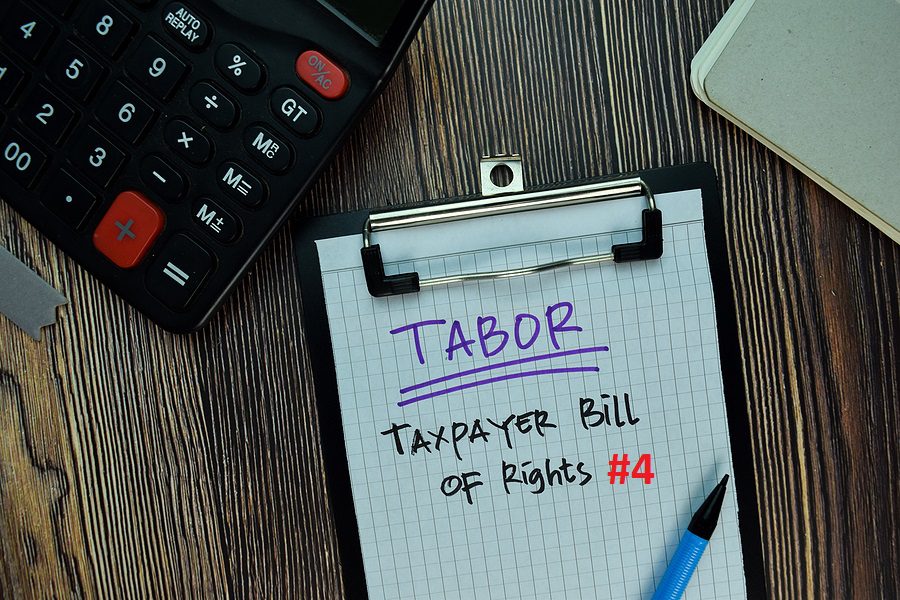The Taxpayer Bill of Rights is a core document that specifies the ten fundamental rights taxpayers have while engaging with the IRS. In the instance that a taxpayer needs to work with the IRS on an individual tax concern, the IRS wants them to be informed of their rights. The IRS emphasizes taxpayers’ rights and reinforces those rights to their employees on a regular basis. The IRS expects employees to know and honor taxpayer rights in every interaction with tax-paying citizens.
Every person who pays taxes in the United States has these ten basic rights. The Taxpayer Bill of Rights is a set of rules and regulations that specifically state and define how and when each taxpayer’s right will be protected.
The full list of taxpayer rights can be found in IRS Publication 1, Your Rights as a Taxpayer. Included in this document is The Right to Challenge the IRS’s Position and Be Heard.
This is defined as a taxpayer’s right to file challenges and offer further information in response to official IRS measures or proposed actions, expect the IRS to consider their timely objections and documentation objectively, and receive a reply if the IRS disagrees with their stance.
A summary of The Right to Challenge the IRS’s Position and Be Heard is as follows:
- If the IRS alerts you that your tax return has a mathematical or technical error, you have 60 days to object. Photocopies of any documents that may aid in the correction of the error should be provided. You can also get assistance by calling the number on your notification or bill. The IRS will make the required adjustments to your account and send you a revised notification if they agree with your stance.
- If the IRS does not agree with your stance, a notification requesting a tax modification will be sent (known as a statutory notice of deficiency). Before paying the proposed adjustment, you can contest it in the United States Tax Court, according to the statutory notice of deficiency. To do so, you must petition the court within 90 days after the notice’s date (150 days if the notice is sent to you outside the US). Visit the United States Tax Court’s taxpayer information page to learn more about the court.
- If the IRS does not agree with your position after submitting documents or raising objections during a return inspection (or audit), you will receive a statutory notice of deficiency. This notification will explain why the IRS is raising your tax, and it will provide you the opportunity to file a petition with the United States Tax Court before paying the tax.
- When the IRS informs you that it intends to seize your bank account or other assets, you have the right to request a hearing before the Office of Appeals. In most cases, you’ll be able to dispute the planned or actual issuance of a notice of federal tax lien.
Visit https://www.taxpayeradvocate.irs.gov to learn more regarding the TBOR and how it affects your rights as a taxpayer.

